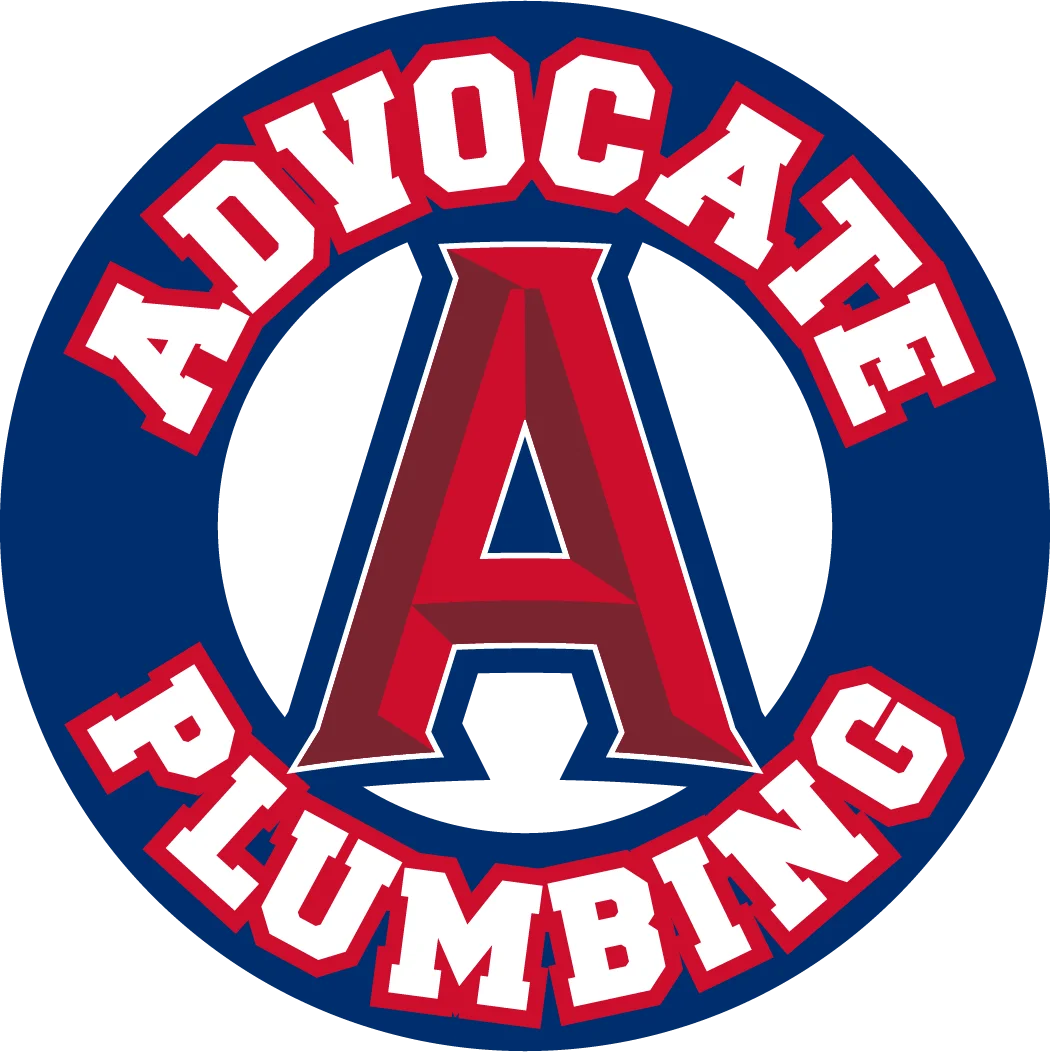Serving Hamilton County & Surrounding Areas
Reverse Osmosis vs. Water Softener: Which Is Right for Your Home?

As a homeowner in Noblesville or nearby Hamilton County, you’ve probably dealt with plumbing quirks more than once. Maybe your dishes come out cloudy, your tap water has an odd taste, or appliances seem to work harder than they should. These problems often come down to one of two issues: hard water or contaminants in your drinking water. The solutions, however, are distinct, and knowing which one applies to your home is key to protecting your plumbing and improving your water quality.
At Advocate Plumbing, we know that becoming familiar with your options can feel overwhelming. We’re here to break down the differences between reverse osmosis systems and water softeners so you can make a confident decision for your home.
What Reverse Osmosis Does
Reverse osmosis, or RO, is a filtration method that specializes in purifying drinking water. This process forces your tap water through a semi-permeable membrane that traps dissolved solids and contaminants. What comes out on the other side is clean water, free from chemical and biological impurities that could affect taste, odor, or health.
With reverse osmosis, you are effectively removing things like lead, arsenic, chlorine byproducts, and even some microscopic organisms. The result is water that tastes fresh, smells neutral, and pours clean—whether you’re filling a glass, cooking, or making coffee.
Most families in Noblesville choose to have an RO system installed under the kitchen sink. That way, purified water is just a tap away. While whole-home RO systems exist, they tend to be more complex and costly. For most homes, a point-of-use system delivers excellent value and convenience.
What Water Softeners Do
Hard water is a frequent complaint in our area. It happens when water contains high levels of calcium and magnesium. These minerals aren’t harmful to ingest, but over time they cause trouble in pipes, appliances, and daily routines.
Scale forms when hard water leaves mineral deposits. You might notice a rough film on shower doors, residue on plates, or reduced water flow from accumulating buildup inside pipes. This affects plumbing efficiency and can lead to higher energy bills or even early appliance failure.
A water softener addresses this problem through ion exchange. It replaces calcium and magnesium with sodium or potassium so that the water flowing through your home won’t form scale. Softened water means fewer soap scum headaches, smoother clothes, and extended appliance lifespan.
For Noblesville households, this makes a softener a practical investment. You protect your plumbing system from damage and improve the overall quality of daily tasks, from showering to cleaning.
Why This Matters in Northwest Indiana
Our region’s water challenges are twofold. Many homes here must deal with hard water that impairs plumbing and appliances. At the same time, many families are rightly concerned about what’s in their drinking water—especially if it tastes off or leaves lingering odors.
Hard water hides behind visible signs like appliance wear and surface residue. Contaminants, however, often go unnoticed until you go for a sip. That’s why reverse osmosis and water softening can work best when used together: softening systems protect your entire home infrastructure, while RO ensures the water coming from your tap is clean and safe.
Comparing the Systems
Each solution addresses a different problem. Reverse osmosis focuses on water purity at the tap, while a water softener protects your home from mineral damage. Reverse osmosis offers peace of mind for cooking and drinking, and water softening makes your plumbing and cleaning routines smoother and more efficient.
Reverse osmosis systems require occasional maintenance and they do use some extra water during filtration. Water softeners, on the other hand, don’t remove contaminants and may increase sodium content slightly—though potassium options are available.
Choosing What’s Right for Your Home
If your faucets are leaving behind chalky residue or fixtures are clogging, a water softener may be your solution. If you notice metallic taste, chlorine smell, or sediment in your tap water, reverse osmosis is likely the better choice. And if both issues affect your home, the two systems can complement each other beautifully.
Why Advocate Plumbing Is Your Trusted Local Choice
Here in Noblesville, Advocate Plumbing stands out for one reason: we treat your home like ours. We start with assessing your water quality, listen to your concerns, and guide you to a tailored solution. Installation is accurate, explained clearly, and finished professionally.
Whether you choose a softener, an RO system, or a combination, we support you through setup and long-term care. Our transparent pricing and expert advice make decision-making easier and stress-free.
Take Action for Better Water Today
Your home deserves clean, reliable water that tastes great and protects your plumbing. If you are ready to explore a water softener, a reverse osmosis system, or both, we are ready to help. Contact Advocate Plumbing to schedule your consultation and discover how we can improve your home’s water quality.
Recent Posts
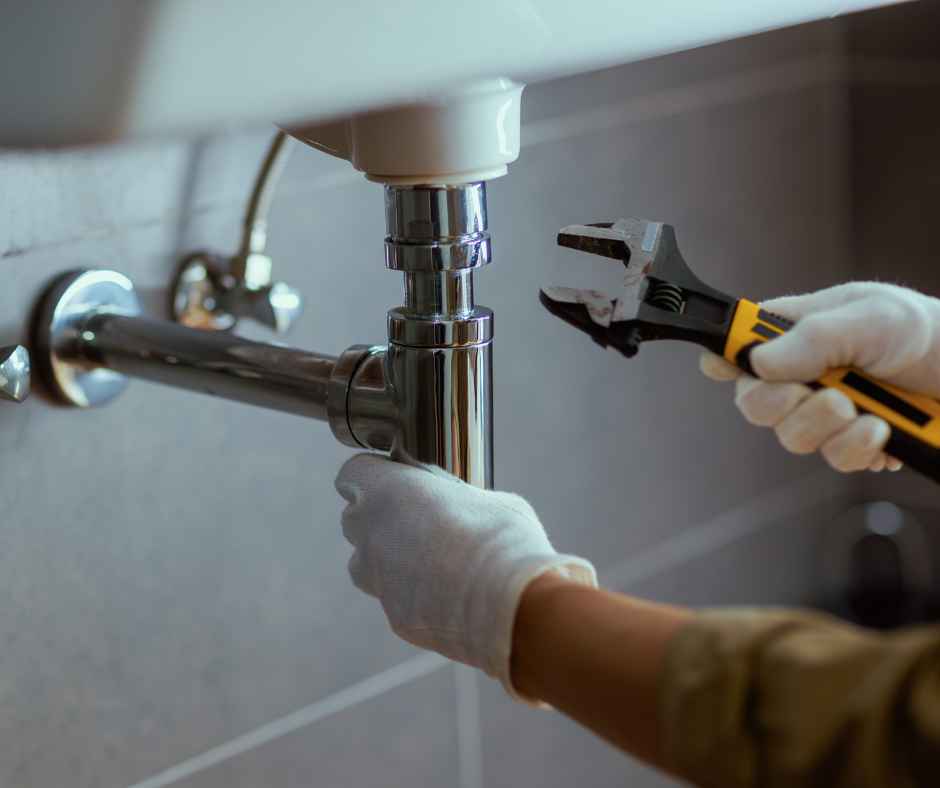
Why Hiring a Licensed Plumber Matters for Your Home’s Safety and Efficiency
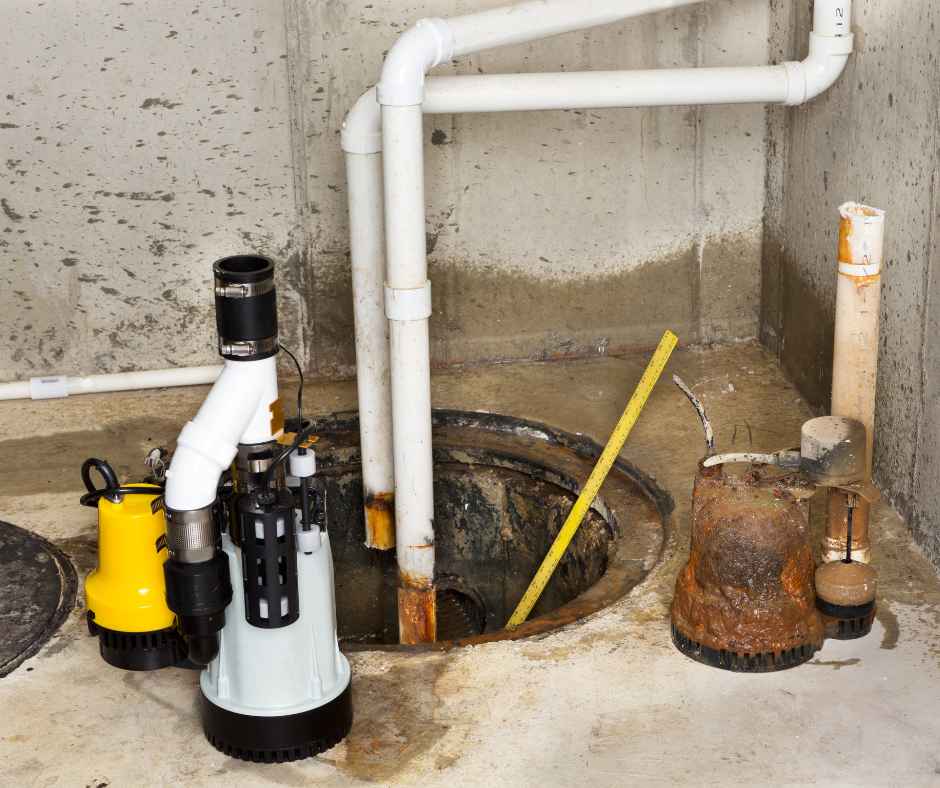
Why Your Sump Pump Needs Regular Maintenance and How to Do It
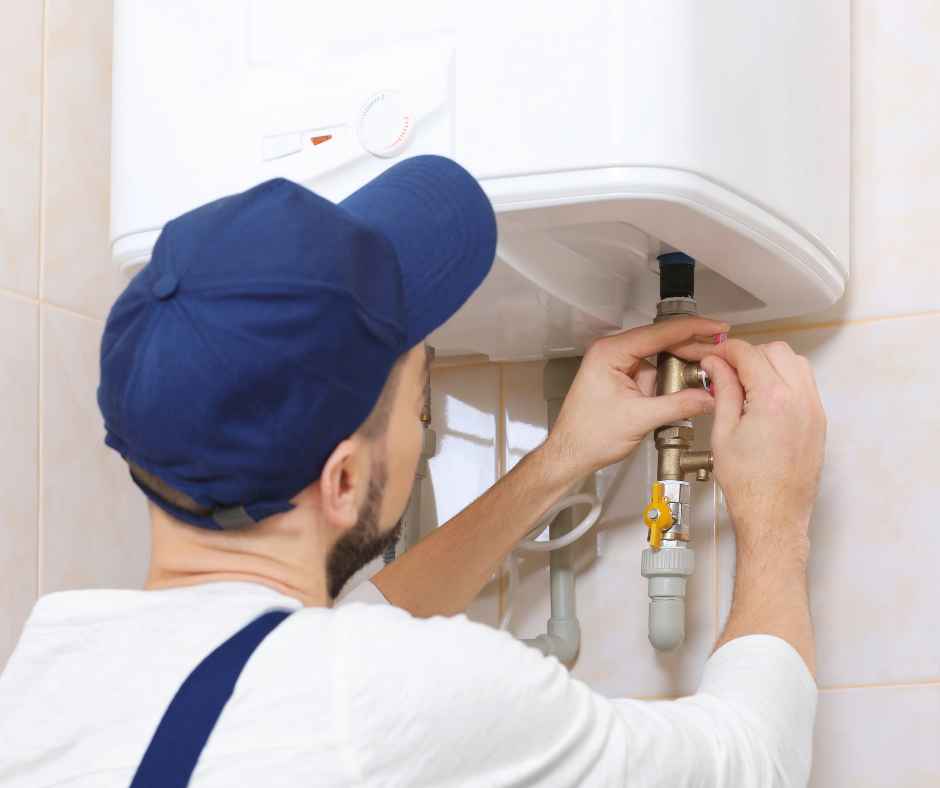
How to Choose the Right Water Heater for Your Home
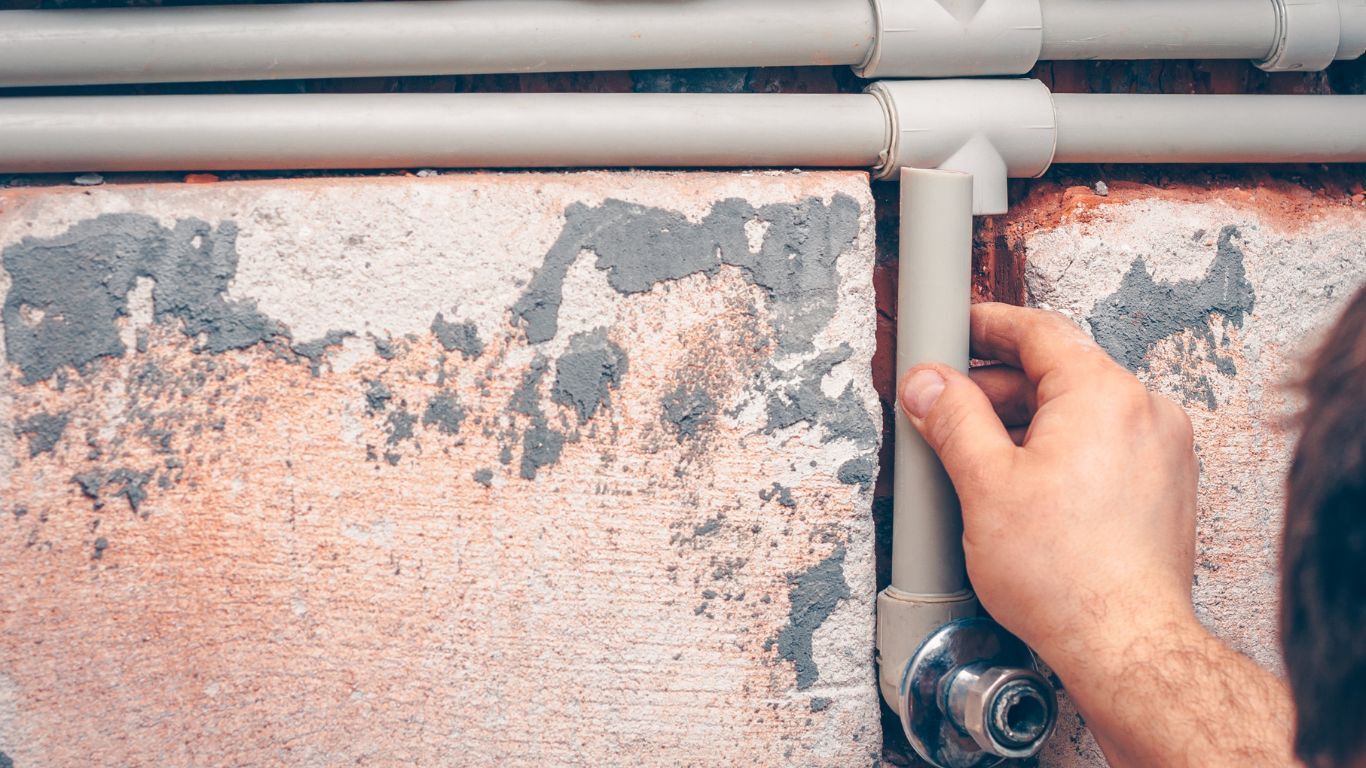
Preventive Plumbing Inspection Guide Every Homeowner Should Follow
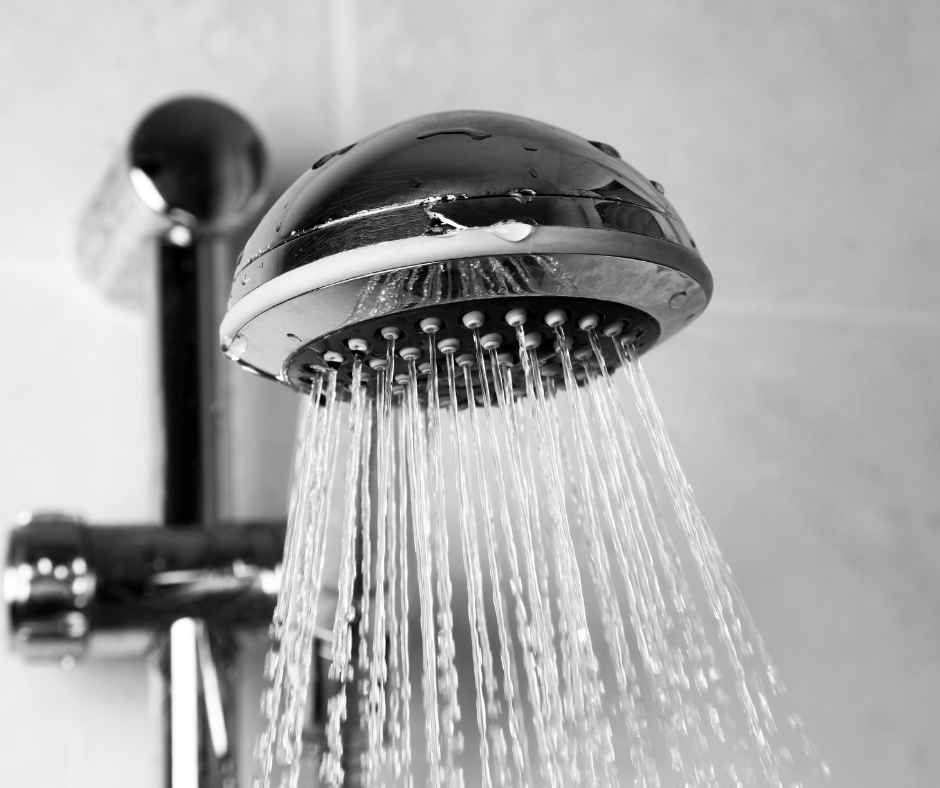
Seasonal Plumbing Maintenance Checklist for Hamilton County Residences
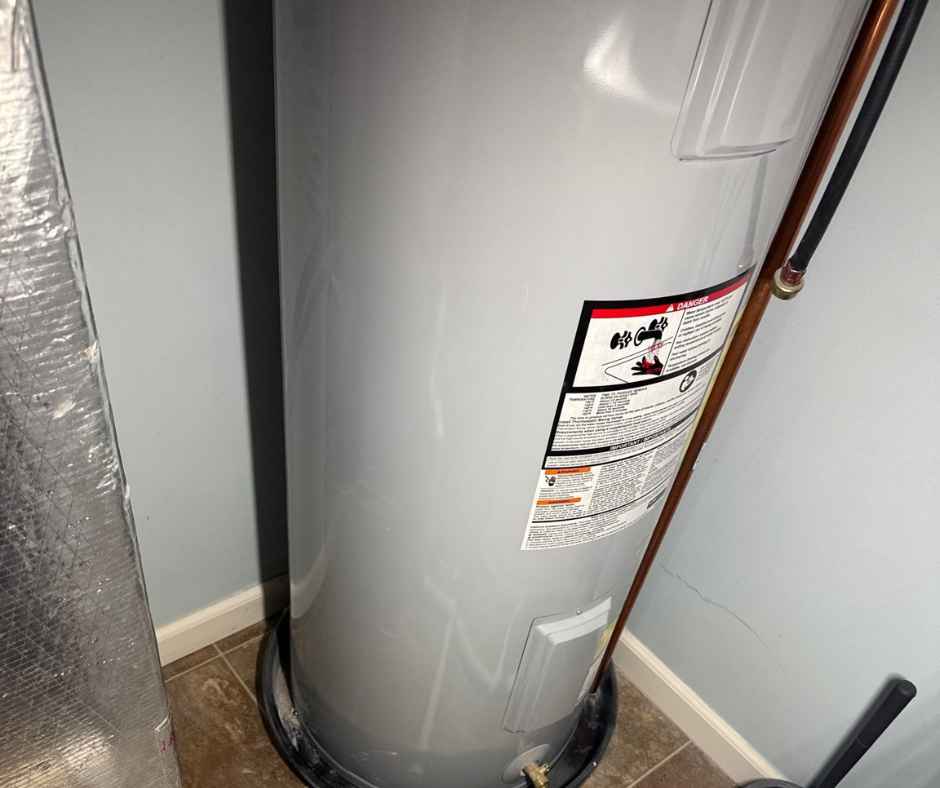
Why Is My Water Heater Beeping?
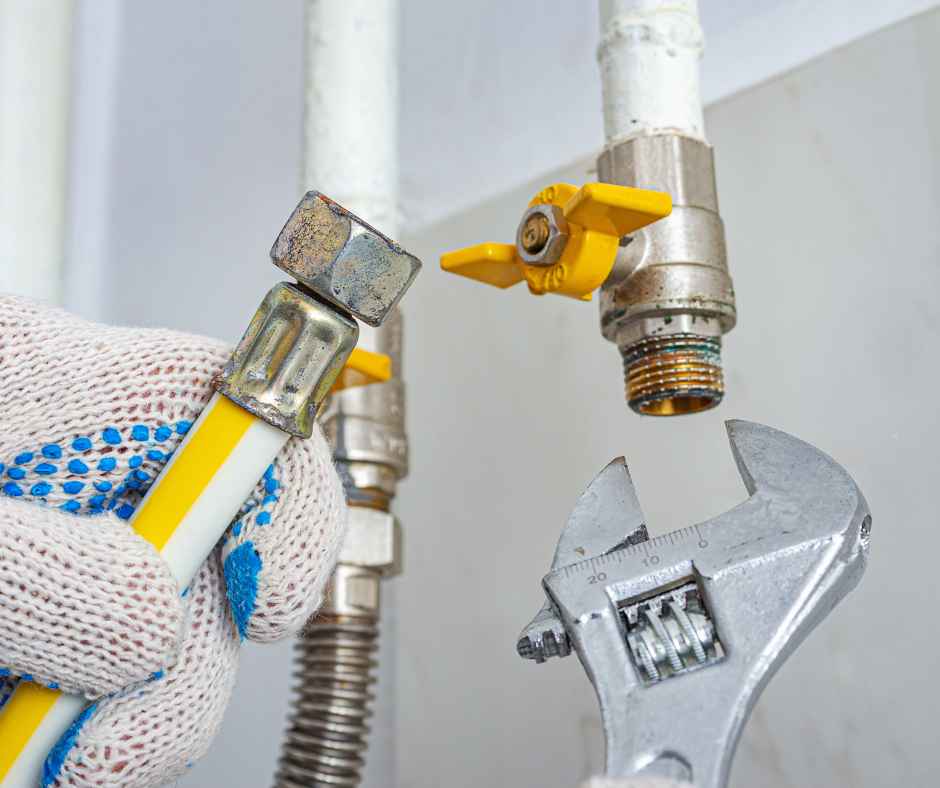
How to Check for a Gas Leak
Get in Touch
